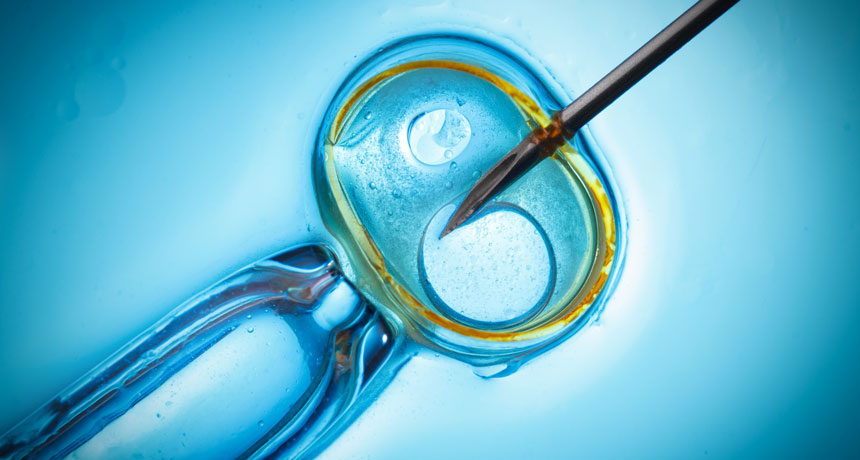‘Three-parent baby’ boy healthy so far
Three other embryos created by technique had wrong chromosome count

SO FAR, SO GOOD Doctors say an infant boy, born in April as the result of a “three-parent baby” technique, is doing well and shows no signs of having inherited a fatal mitochondrial disease from his mother.
NEVODKA/SHUTTERSTOCK







